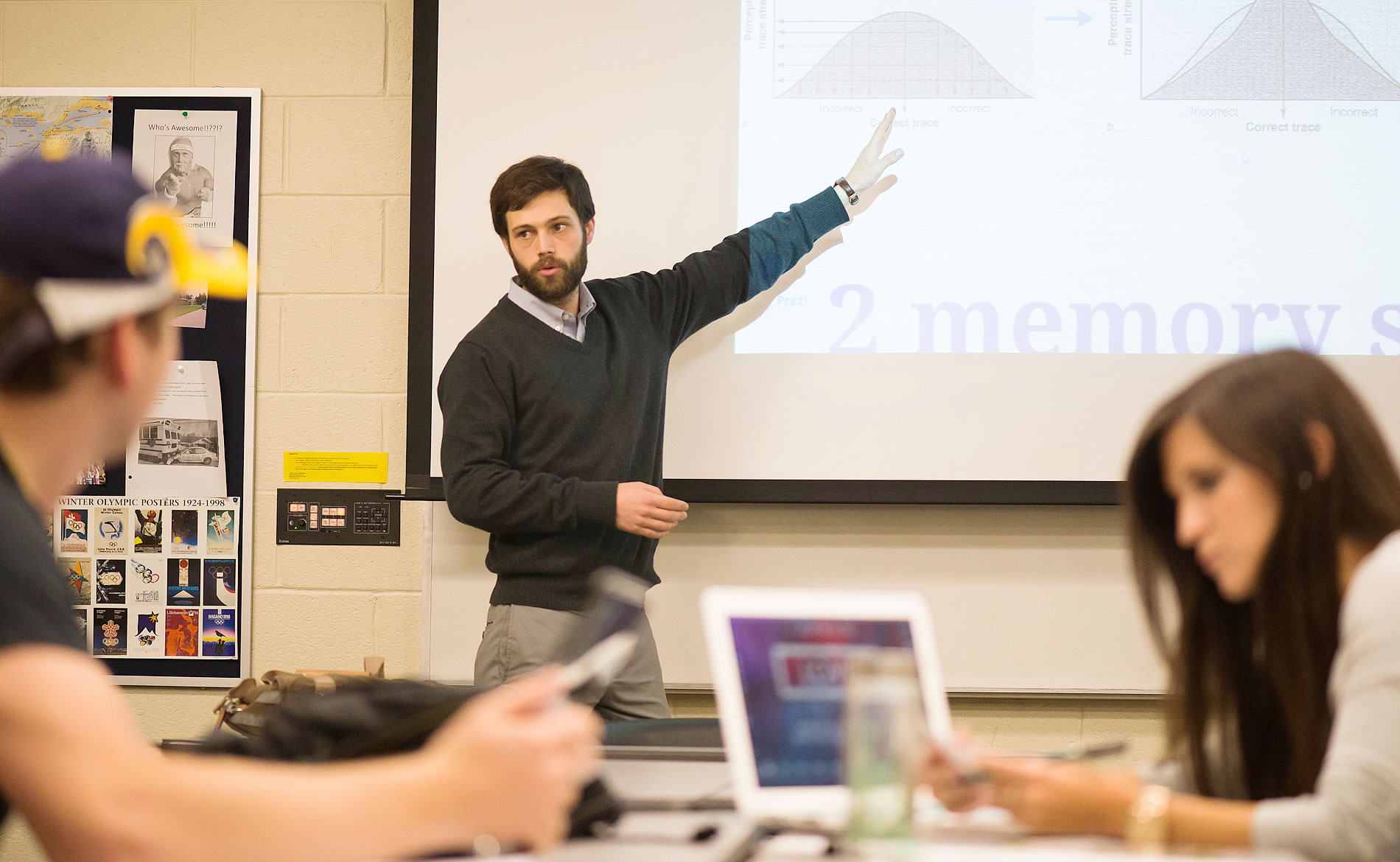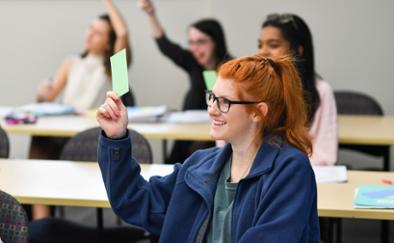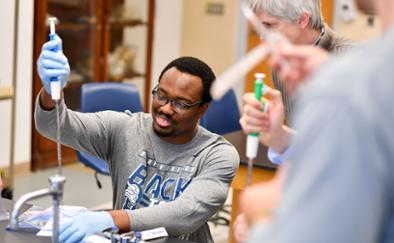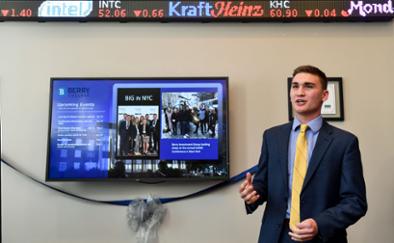The science of how we move.
The study of bodies in motion can’t happen while sitting still. Here, you’ll add substance to classroom studies (and your resume) by learning through hands-on lab and field experience, internships and faculty-mentored research.
Craft your coursework and experience with a faculty mentor to pursue for a career in fields such as allied health (PT, OT, AT), medicine (MD, DO, PA) and applied physiology, or to continue your education in other traditional graduate programs. A minor in Strength and Conditioning will help students prepare for industry-standard certification careers in training and performance.
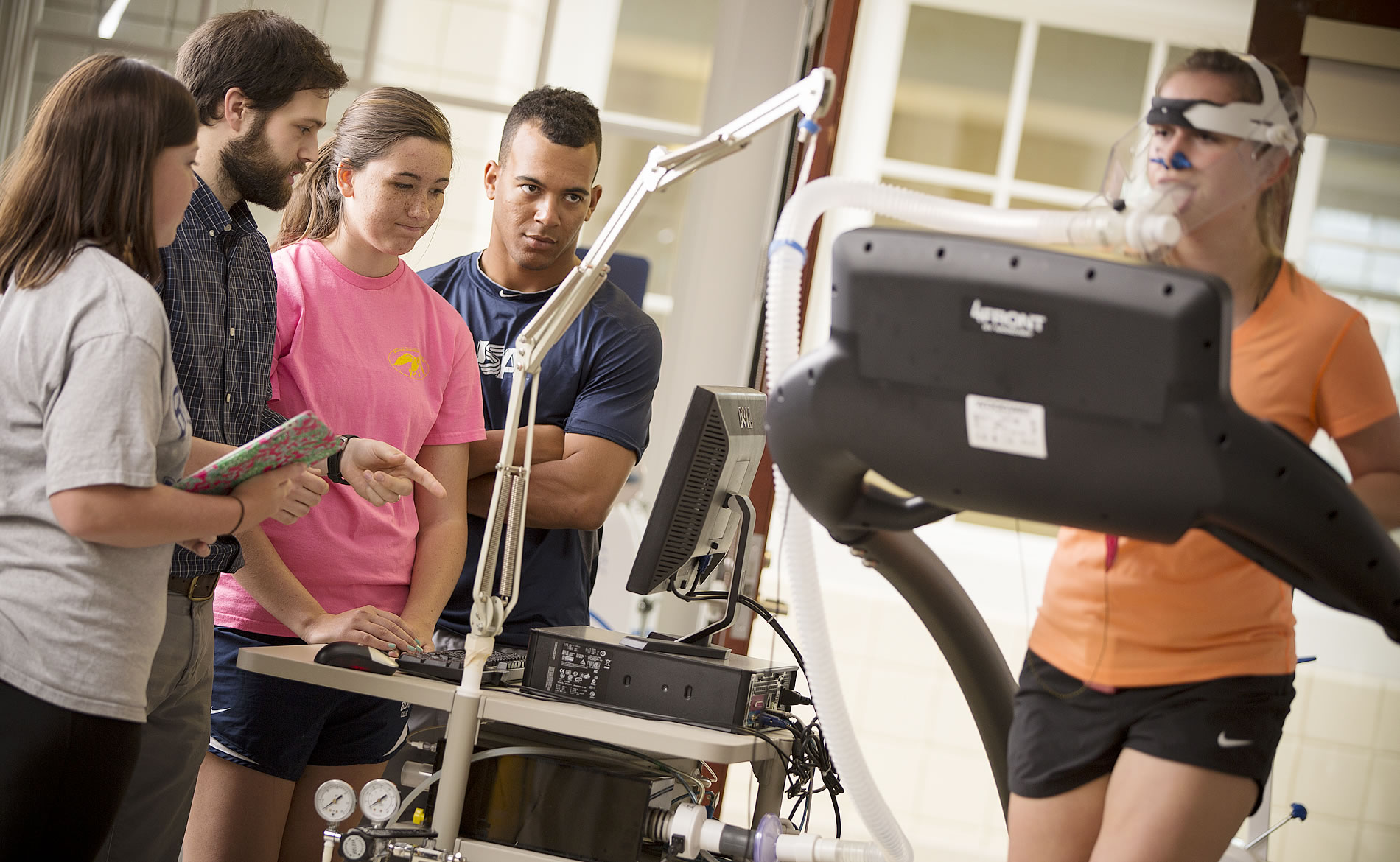
Learn and research using state-of-the-art metabolic testing equipment, a dual energy X-ray absorptiometer, Dartfish video analysis technology, Biopak systems and Monark ergometers. Berry’s 27,000-acre campus is your extended laboratory.
Kinesiology FACULTY
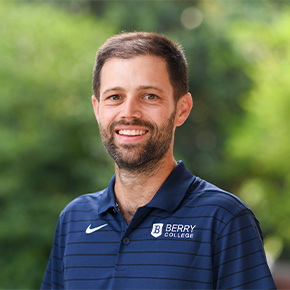
An exercise and sport physiologist, Dr. Elmer has presented his scholarship and research widely, with recent work on upper-body muscle activation during sprinting and running on side-sloped surfaces. Dr. Elmer is a Certified Strength and Conditioning Specialist and a Certified Performance and Sport Scientist that holds memberships in both the American College of Sports Medicine and the National Strength and Conditioning Association.
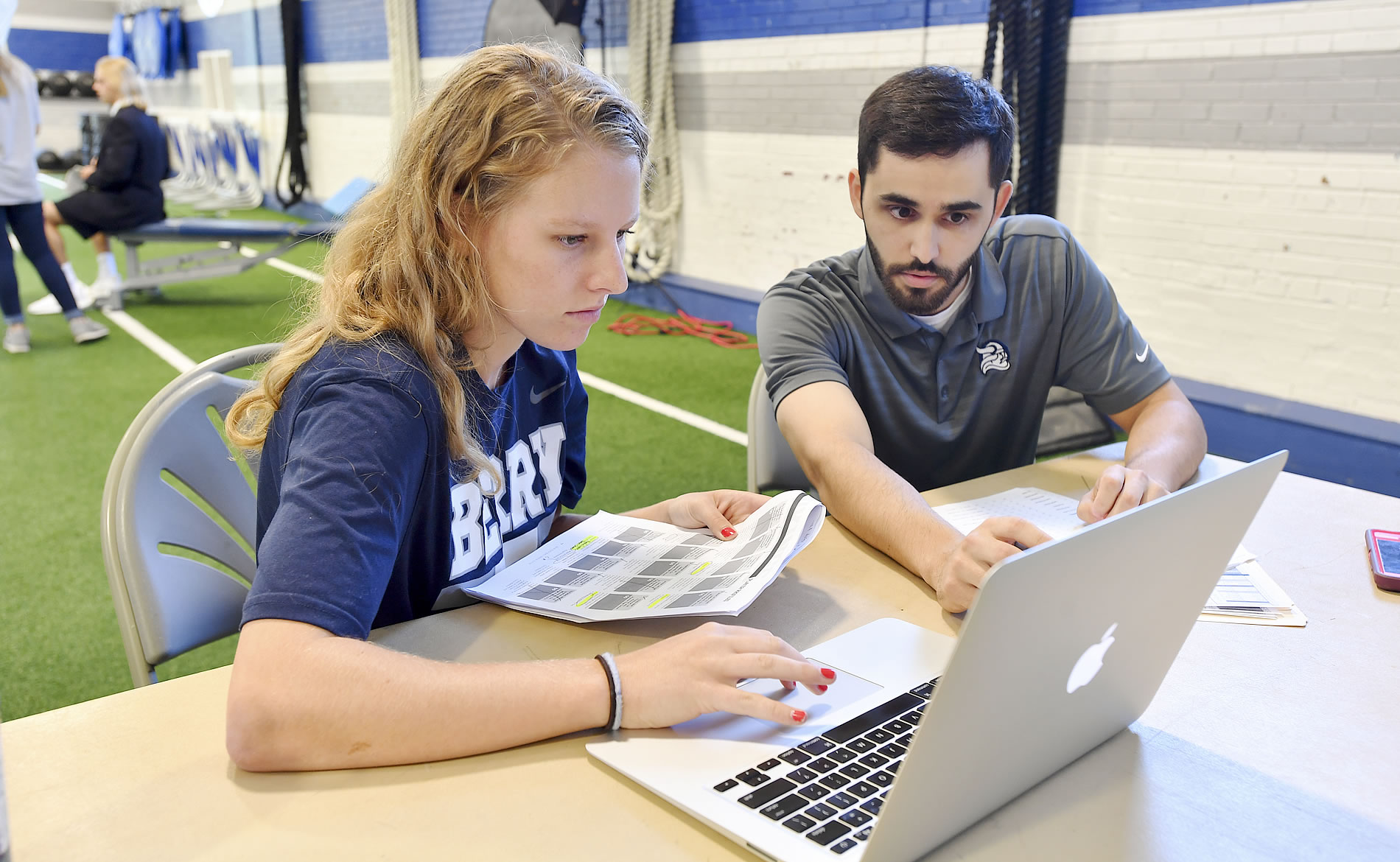
Get four years of paid, mentored, professional development experience on campus; complete for-credit internships at medical centers, strength training facilities, physical and occupational therapy clinics; and deepen your study by working as a faculty research assistant.
Kinesiology Courses
While exploring interactions between the nervous system and the musculoskeletal system, gain insight into such concepts as exercise training practices, fatigue and disuse.
Study milestone athletic accomplishments, different sporting events and disciplines, and how culture has influenced (and has been influenced by) sports.
Consider the relationship between nutrition, energy metabolism and exercise performance.
Kinesiology LIVES
Even in high school, Madelyn Smith ’22 — who is majoring in exercise science — had a clear idea of what she wanted: to work with students in her own karate studio. A karate teacher since 2015, she also knew pursuing a dream that big would require practical planning — and that realization took her to Berry. “I had set my mind on becoming a karate instructor but wanted another occupation that would complement this kind of work. I saw Berry offered a program that would give me skills to better train karate students along with a career in a medical or personal training field.”
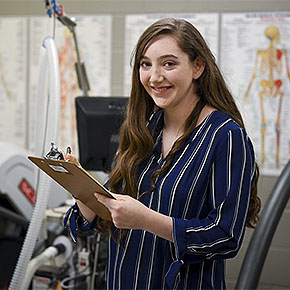
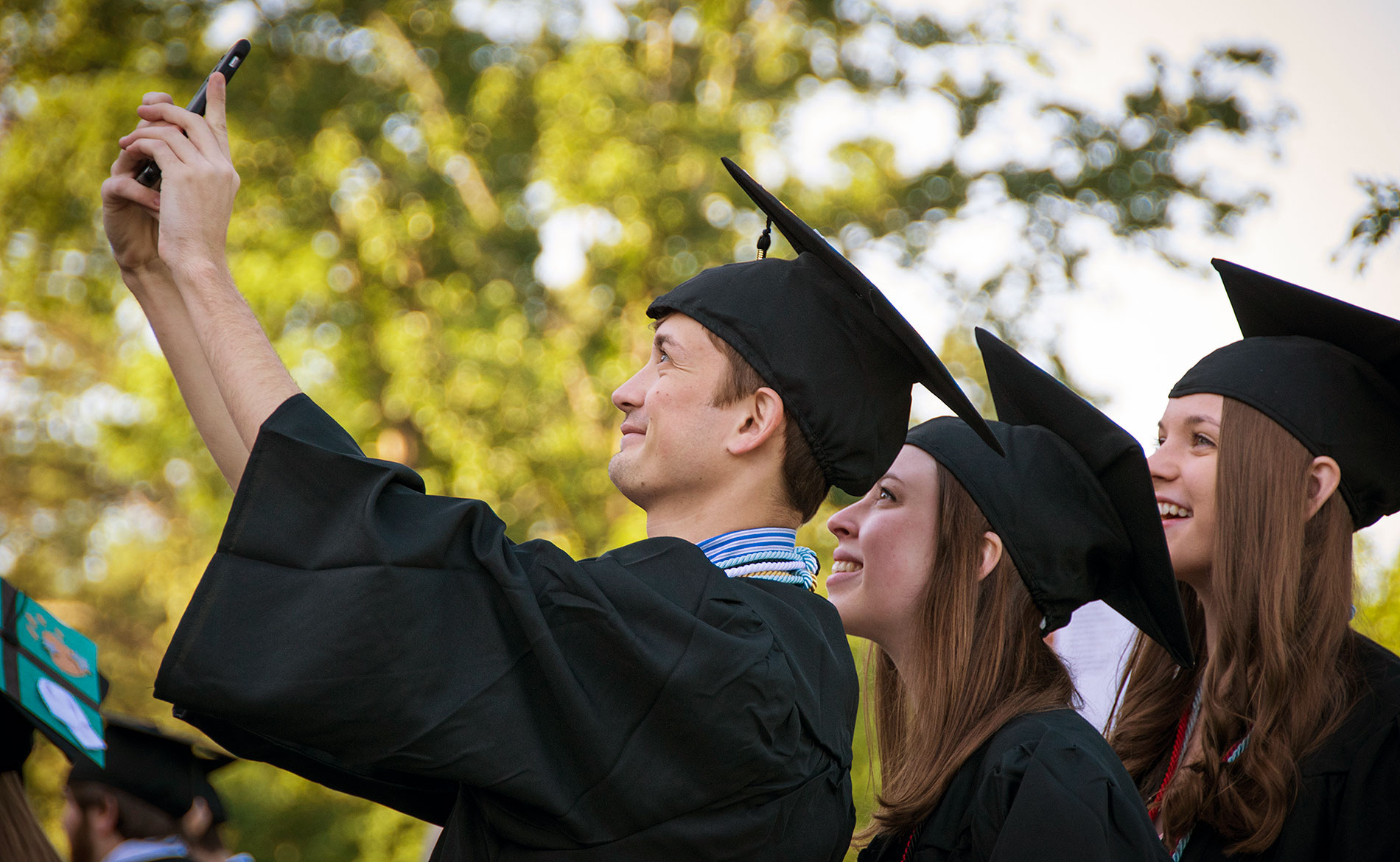
HERE?
